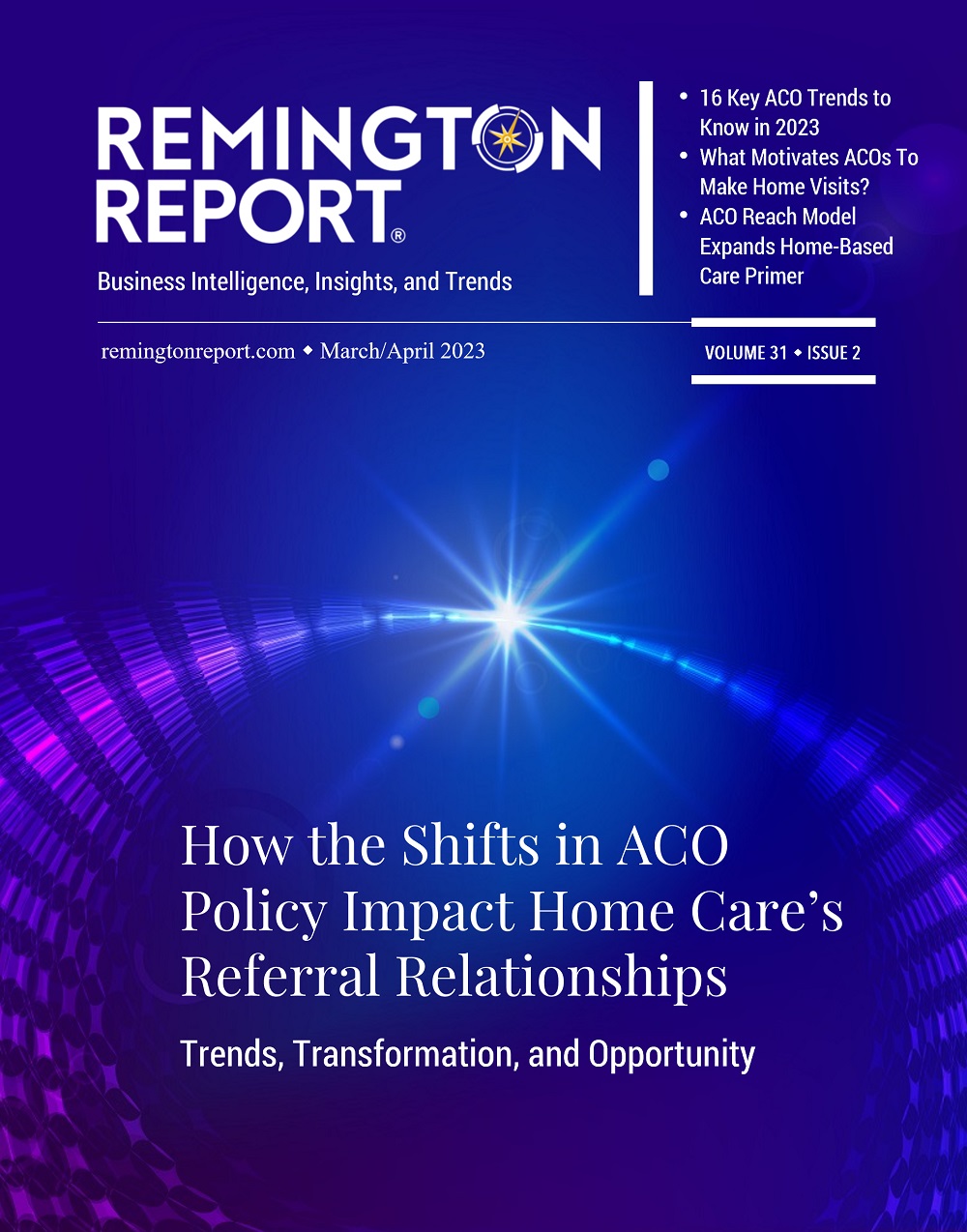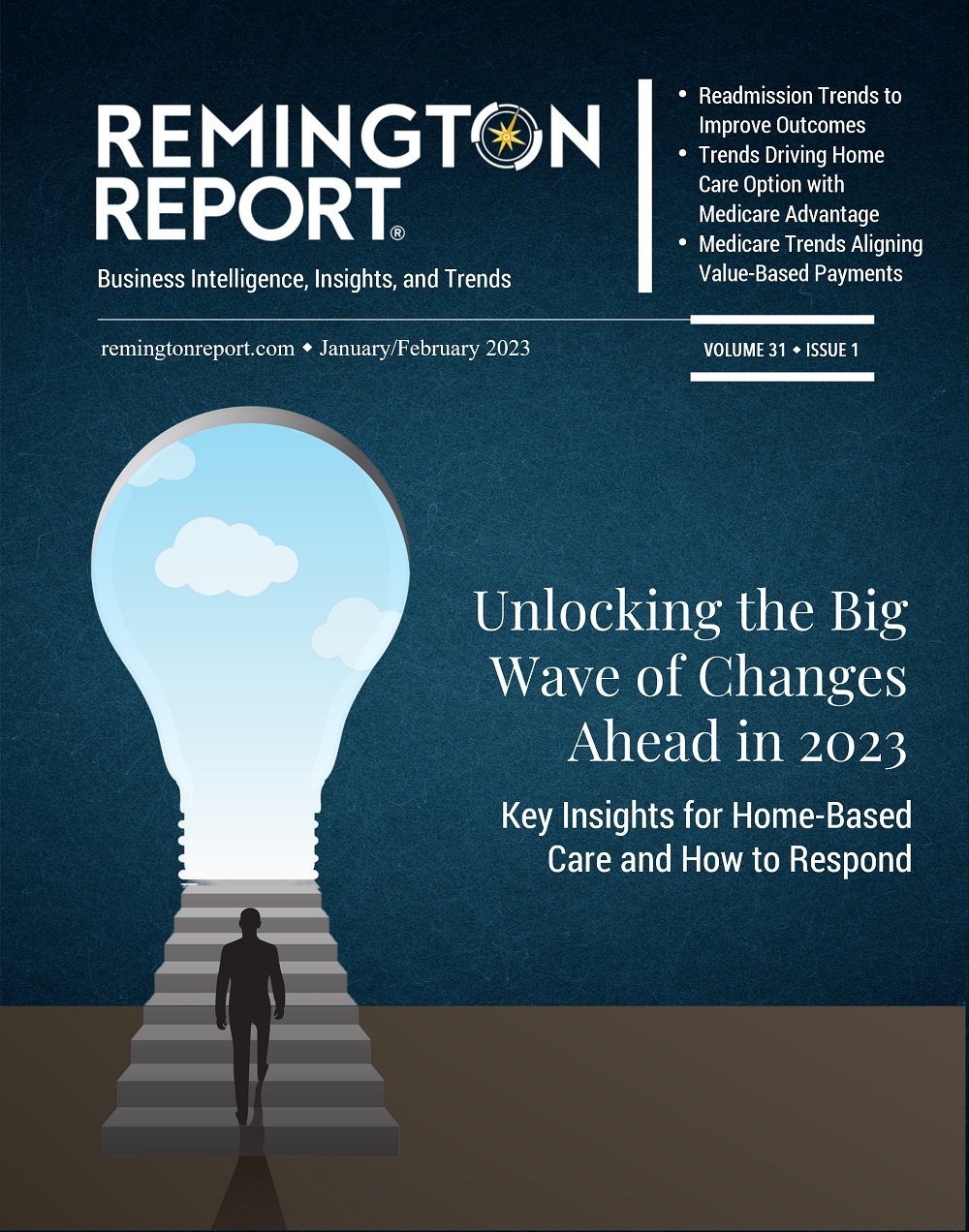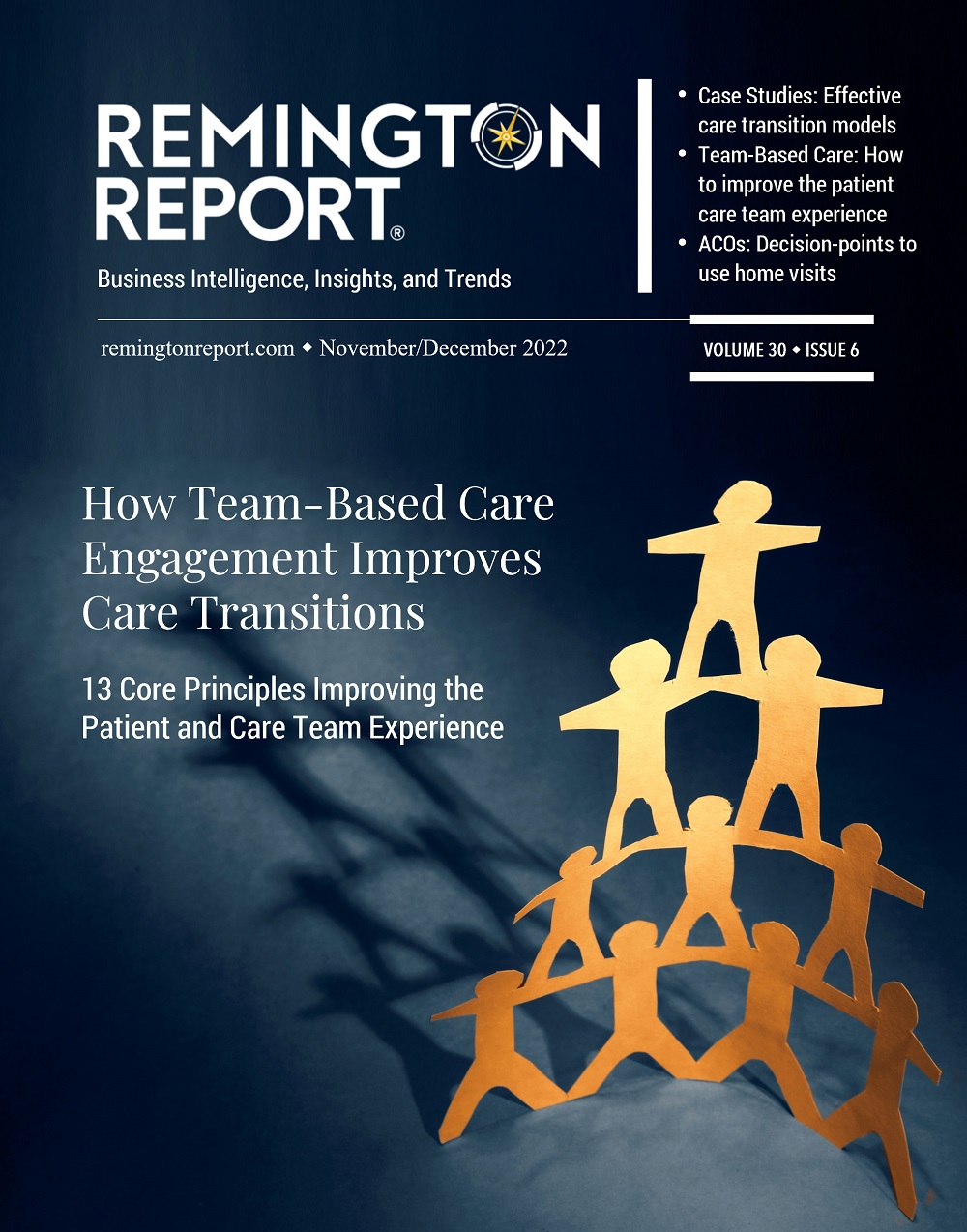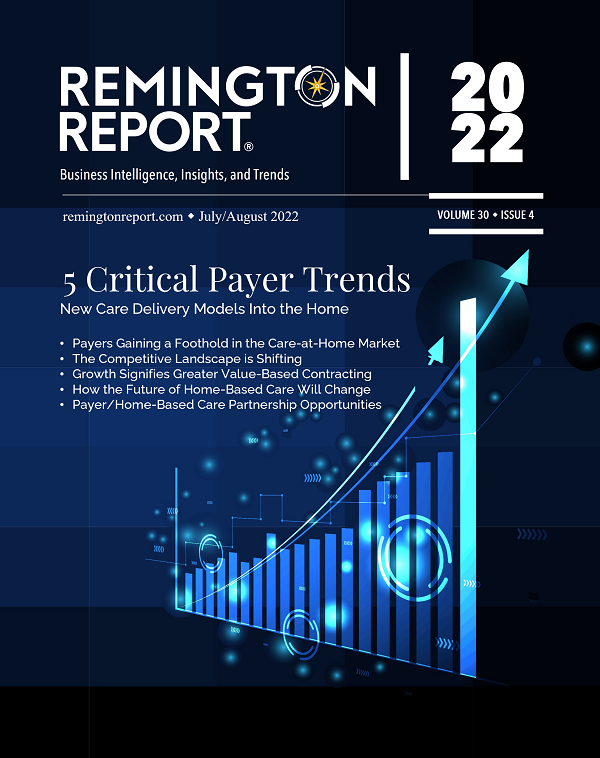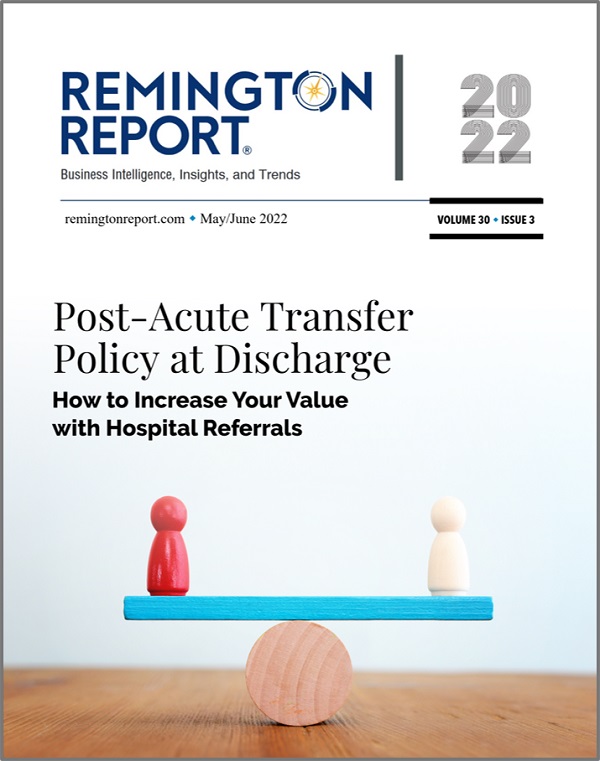- For both 7-day and 30-day readmissions, the rate of readmission was highest among patients with Medicare, followed by patients with Medicaid, no insurance, and private insurance.
- Among Medicaid patients who were discharged with congestive heart failure or schizophrenia at the index stay, nearly 1 in 10 stays resulted in readmission within 7 days.
- Among patients readmitted within 30 days of an index stay for septicemia or schizophrenia, uninsured patients were more likely than patients with insurance to return within 7 days.
• In 2014, 14 percent of inpatient stays were readmitted within 30 days. More than one-third of these readmissions occurred within 7 days, reflecting a 7-day readmission rate of 5 percent.
Top 5 principal diagnoses with the highest 7-day and 30-day readmission rates, 2014 |
|||||
| Principal diagnosis at the index stay | Index stays | 7-day readmissions | 30-day readmissions | ||
| Rank | Ratea | Rank | Ratea | ||
| Total inpatient stays | 27,698,101 | – | 5.0 | – | 13.9 |
| Schizophrenia and other psychotic disorders | 374,097 | 1 | 9.0 | 2 | 22.9 |
| Alcohol-related disorders | 340,076 | 2 | 7.5 | 4 | 21.5 |
| Congestive heart failure; non-hypertensive | 795,709 | 3 | 7.4 | 1 | 23.2 |
| Heart valve disorders | 117,788 | 4 | 7.3 | 14 | 18.4 |
| Hypertension with complications, secondary hypertension | 223,396 | 5 | 7.2 | 6 | 20.9 |
a Rate per 100 index inpatient stays
Source: AHRQ
See additional details

Lisa Remington is widely recognized as one of the foremost futurists in the home care industry, focusing on healthcare trends and disruptive innovation. She serves as the president and publisher of the Remington Report magazine and is also the President of Remington’s Think Tank Strategy Institute. Lisa provides strategic advice and education to over 10,000 organizations, assisting them in developing transformative strategies for growth and their future implications. She closely monitors complex trends and forces of change to develop effective strategic approaches.



